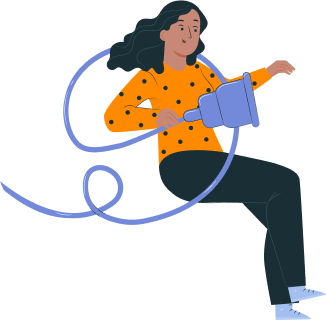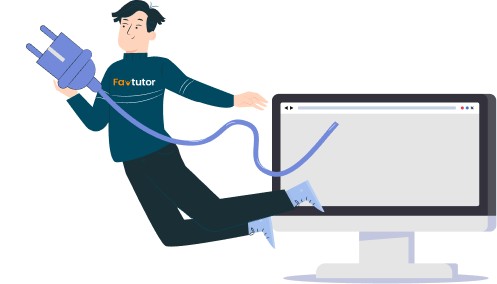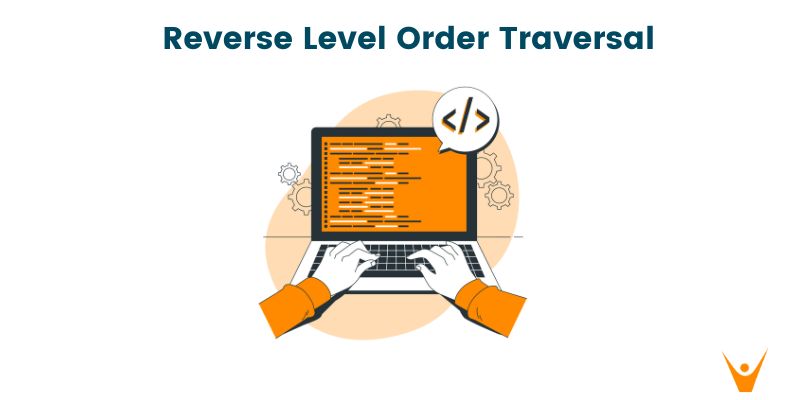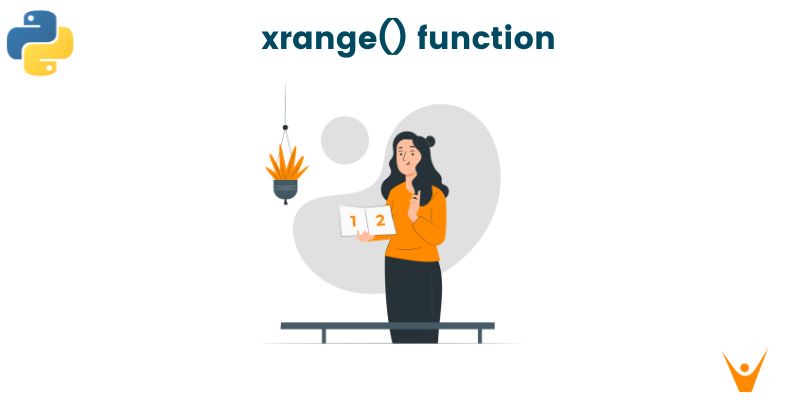As Python is the emerging programming language in today's technological world, it is always a question for a beginner how to become a Python developer. That too in 2023. So, in this article, we will give you a Roadmap to becoming a Python programmer in 6 Weeks. Let's get started!
Who is a Python Developer?
Python is an interpreted, high-level, and object-oriented programming language. It is very simple in comparison to other programming languages and has a very easy syntax which reduces the cost of program maintenance.

It also supports modules and packages which helps the code to reuse. Python is also in the top 5 list of the most popular programming languages for the last few years. Due to all these advantages of the Python language, students always prefer to be Python developers.
So now the question arises who is a Python developer?
A Python developer is someone who specializes in using the Python programming language to build and maintain software applications. They are most likely to be part of domains such as data analysis, web development, or machine learning.
Why learn Python?
Though Python is an older language than C and Java, it has seen a recent boom in its demand. There are various companies that are shifting their coding language to Python. A reason behind this is the ease of using Python and its extensive library base.
Besides these, new industries are gaining more impetus with the help of Python. Machine Learning is an up-and-coming area where Python is having a huge impact. It is being used to develop machine learning models, fine-tune them, and ready for real-time applications.
ROADMAP: Become a Python Developer in 6 Weeks
Learning new technology can be tough if you don’t know how to learn, what to learn i.e. which concepts to concentrate on so it is always good to follow a roadmap. If you are searching how long does it take to learn Python? The answer is 8 weeks.
But our roadmap, specially designed for 2023 aspirants, is made for 6 weeks so that you have 2 weeks more for revision and interview preparation. The roadmap is the steps that create a timetable for learning new technology from basics to advance and becoming professional. So, let’s begin to look forward to a roadmap for how to become a Python developer in 6 weeks.

Level 0: New Programmers (1 Week)
If you are completely new to the coding world, you might wonder what makes a person programmer. What topics and theories should we learn while beginning and then moving forward? So, in the first week of starting programming, you should come in touch with some of the following topics and knowledge.
- There is not a single day in the life of a programmer when the text editor is not used. It is a very essential tool to learn even for any person working with a computer. So the first task to start with programming should be learning text editors.
- The modern IDE is the most important tool for any programmer. For Python developers, the jupyter notebook is getting the most popular nowadays. You can also look at VS Code which allows multiple code environments, or Anaconda, a dedicated package for Python.
- A developer without knowledge of a database is not possible. Before starting to create a website and app you should know what a is database and how it works, what are the syntax and how to connect it with the website and apps we create.
- Excel is one of the best tools to work with for programmers, project managers, and software developers. It helps with many useful features and functions in data science.
- Every new programmer should be familiar with basic concepts of networking to develop and support their applications as clients and users will access your website from any corner of the world.
So keeping all the above points in mind, your first week to start with programming should be learning text editors, IDEs, Databases, Excel and spreadsheets, and the basics of computer networks. There are also some frameworks to use Python in web development like Django or Flask. But they are necessary to learn if your specific goal is to become a web developer.
Level 1: Basic Python (2 Weeks)
After completing the first week with all the prerequisites required, we will then move toward learning basic Python programming. The important topics that should be covered while learning it are as discussed below:
- Data Types: Python language has a large variety of data types that holds different type of variables. Python assigns a set of memory bytes to each data type and for each data type-specific set of operations are allowed.
- Typecasting: We can convert one data type into another using the typecasting approach. Different functions can be used to convert strings into integers, float, or numeric values into string types.
- Operators: Operators are the special symbols that help the compiler to perform some specific mathematical or logical operations.
- Data Structure: The data structure is a concept that helps in writing efficient programs in any program. Python is a high-level programming language having fundamentals of data structure more simply in comparison to other programming languages.
- Conditional statement: There comes a point in programming where some specific statement is to be executed if certain conditions are true. The conditional statement helps to perform such kind of task. There are many conditional statements like if, nested if, if...Else, if-elif, etc.
- Loops: Loops are the conditional statement that is executed as long as the conditional statement returns true. There 3 types of loops which are the while loop, for loop, and nested loop.
- Functions: The functions can be defined as a group of statements in a program that perform a specific task. It is the reusable code used to perform a single related task.
Level 2: Important Topics (2 Weeks)
After studying the basics for 2 weeks now we will move forward to learn the intermediate topics for the same. Some of the intermediate topics for Python language is as given below:
- Classes: Classes are the focal point of OOP. The class helps to describe the object in the sense of its description but it separates the object itself.
- Objects: An object in OOP is a data type created by the developer itself. It contains multiple properties, methods, and even other objects.
- Lambda: The function which is not defined using the standard format of function defining i.e. using the def keyword is called a lambda function.
- Inheritance: Inheritance is the process of sharing the functionality between Classes. So, in short, inheritance helps to define a class based on another class.
- Reflection: Reflection is the ability of a code to be able to examine attributes about objects that may be passed as parameters to a function.
It will take almost 2 weeks to learn all the above topics along with preparing yourself for building some hands-on projects for learning applications.
Level 3: Practice Coding (1 Week)
Now when you are done with learning Python as a programming language, at last, you have to practice coding in it and climb the last step to become a Python developer. Below are some tips to follow in the last stage of becoming a Python developer:
- Code every day: After learning new technology, it is very important to be consistent in practicing it. It is always recommended to code every day as it helps in increasing your skills and getting a good command of the language. Here are some Python projects for beginners you can make to practice your new skills.
- Going Interactive: Even when you are learning basics or building an application for the same, the interactive Python shell will be one of the best tools to work with.
- Take Breaks: While learning it is always important to absorb and understand what you have learned. The research has said that taking breaks while studying sessions helps you to work and learn effectively. Otherwise, you might face programming burnout.
- Solving Bug: When you jump into creating complex programs then it is sure that you will come in contact with the bugs in them. But instead of getting frustrated, it is wise to take a moment of understanding and solve it as a part of the programming process.
- Contribute to open source: In the open-source model, software source code is available publicly and everyone can collaborate with it. So, it is very effective and recommended advice to work with an open-source project and contribute your knowledge as much as possible.
How much Python is enough to get a job?
After a certain level of learning a technology, a question always arises how much Python is good to get a job? Well, the answer to the above question depends on how much you have worked with it to date.
For example, if you have grabbed good command of the language and built many projects to improve your skills, it is enough to get a fresher job as a Python developer. But if you have just learned the topics and do not know how to apply them, it is recommended to learn more and get a good command of your core.
But to become a programmer fresher, it is always advisable to learn the intermediate topic and use them to build your projects to show them to the recruiter and also to learn and understand some of the advanced topics and frameworks used to develop using Python.
Depending on the role you are applying for, you can get an idea of how much Python is required. For example, if you are looking to be an ML engineer you would want to solidify your knowledge on sklearn, pandas, numpy, etc package.
You can also schedule sessions with our Python Tutors to clear any doubts you have or thoroughly understand the basic concepts to explain them well during interviews.
Learning Python by applying it is the best way to understand the nuances that are present in it. Here is a list of things you can do to get better job opportunities:
-
Solve coding challenges on competitive platforms.
-
Read interview questions and their answers asked in recent interviews.
-
Read bulletins about updates in the Python community and language.
-
Contribute to open-source projects on Github or similar platforms.
Conclusion
Becoming a Python developer is an easy route but takes time. You have to be in regular practice to remember the tips and tricks. The demand is increasing by the day so follow the weekly plan and turn yourself into a full-fledged Python programmer.








